Mehvish Mumtaz
Anantnag, Nov 09 : Thirty-five year old Naseema feels lonely. She is one among the countless Kashmiri “half widows” – the wives whose husbands are lost in the limbo between missing and confirmed death.
“Life has crushed me with double catastrophe,” says Naseema who lives in Grandwan Ashmuqam area of south Kashmir’s Anantnag.
Naseema said her husband Sayeed Anwar Shah, a labourer, left for work on July 21, 2000 from his rented residence at Fateh Kadal, Srinagar and never returned back. Since then, she has raised her daughter, Shazia, now 15, all on her own.
Besides lodging a missing report of Anwar in police station Fateh Kadal, Naseema has also filed a case in court and pursued it with authorities, but to no avail.
“I have been visiting police stations and army camps with the hope of getting any clue about my husband but all my efforts failed,” she says.
“The very thought of whether Anwar is dead or alive gives me immense pain but my heart tells me he is alive,” Naseema adds. “I’m neither a widow nor divorced. I’m married but without a husband. Now, my only concern is to look after my daughter.”
The shattered Naseema said her daughter was one and a half year old when her husband disappeared and that the mother daughter duo had been left in the open sky.
Asked why she didn’t remarry, Naseema said she has dedicated her life for her only daughter.
She said after Anwar’s disappearance, she lived with her brother-in-law, Mushtaq Ahmad Shah, who is handicapped and her mother-in-law, in Srinagar. “Then I shifted to my native land Grand Wan, Ashmuqam where my brother provided me a piece of land and assisted me along with APDP (Association of Parents of Disappeared Persons) in construction of a small house,” she said.
After the death of her mother-in-law, Naseema said she faced extreme hardship. She says there is no one to look after them. “We have no monthly income. Our land has been encroached by my husband’s aunt and his cousins at Dolipora. Now we are totally dependent on others.”
Her daughter Shazia considers herself “very unlucky” for not having seen her father. “All I have of him is this photograph and I have grown up with it,” Shazia says. “No girl should suffer like this.” (GNS)

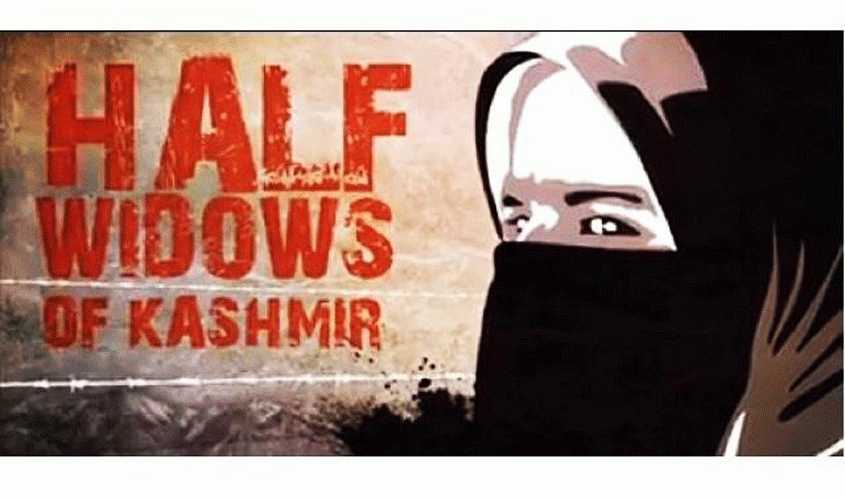
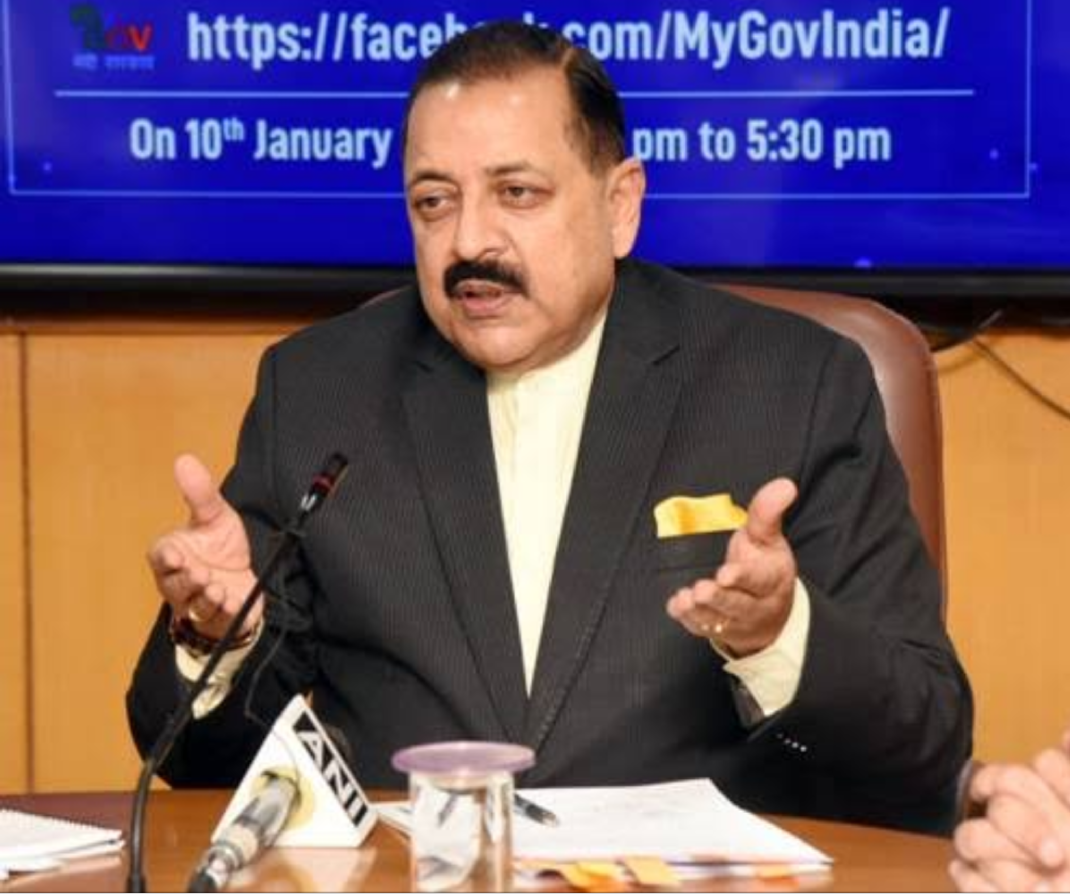
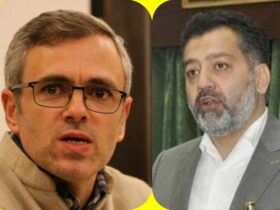
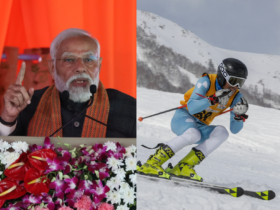

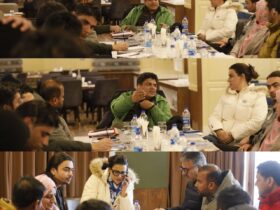
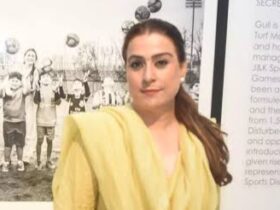
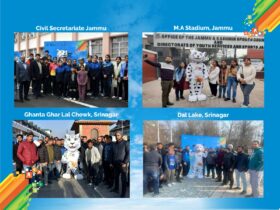
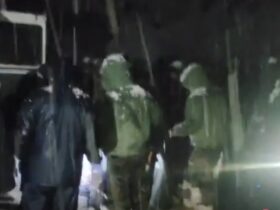
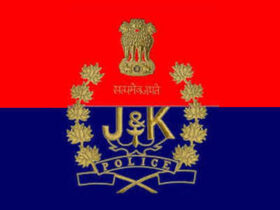
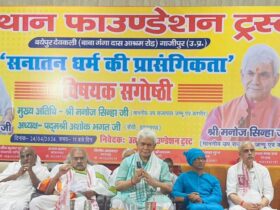
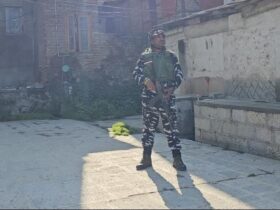
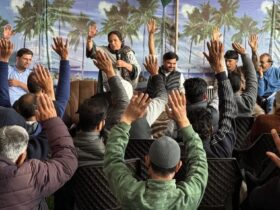
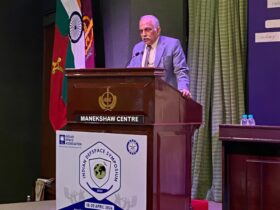
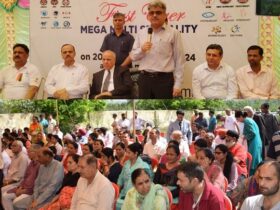
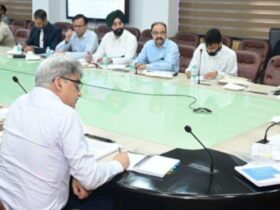
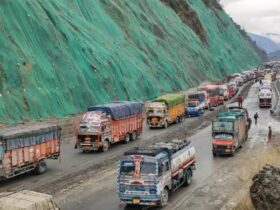
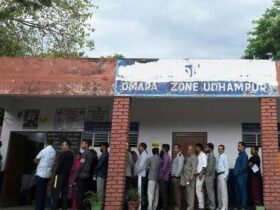
Leave a Reply